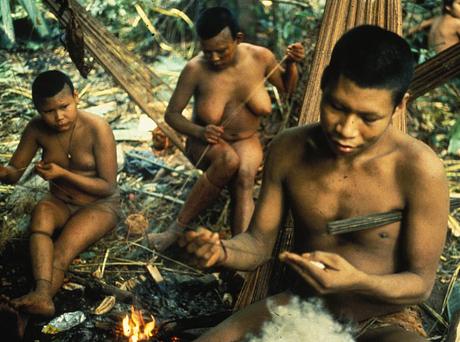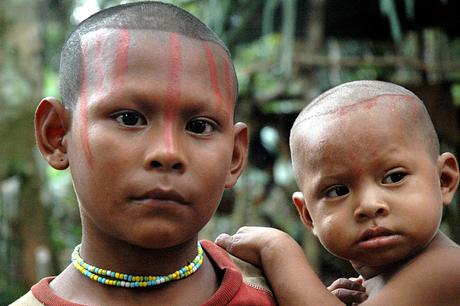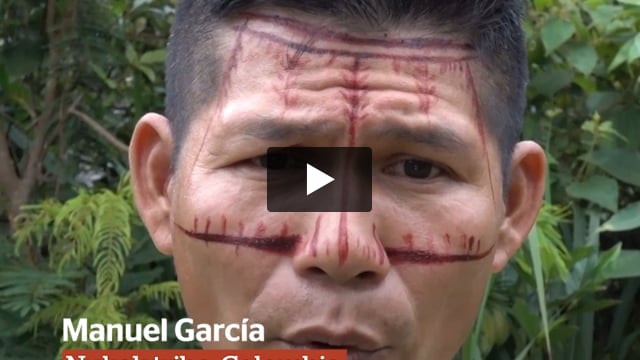UN to Colombian armed groups: ‘Stop recruiting Indigenous children’
January 22, 2010
 © Gustavo Pollitis/Survival
© Gustavo Pollitis/SurvivalThis page was last updated in 2010 and may contain language which is now outdated.
A report by the UN rapporteur on Indigenous peoples urges armed groups in Colombia to stop recruiting Indigenous children to their causes.
The report, written by Professor James Anaya, cites armed conflict between Colombia’s army and groups such as the left-wing guerrilla army FARC as one of the biggest threats to Colombia’s Indigenous population. It has led to repeated killings, forced displacement, a serious lack of food, and it has particularly affected Indigenous women and children who are subject to sexual violence or forcibly recruited.
‘It is evident that the plight of Indigenous people in Colombia is being exacerbated and intensified by the armed conflict. According to almost all indications, the armed conflict disproportionately affects Indigenous people in the country,’ the report says.
The main reason why Indigenous people are particularly affected by the armed conflict is a result of the location of their territories. These have strategic value for the armed groups and for the drugs trafficking they are fighting over.
The report also cites government inaction, lack of justice, ‘mega-projects’ and fumigations aimed at wiping out illegal crops as reasons for the ‘serious, urgent and deeply concerning’ plight of Colombia’s Indigenous population. The fumigations have led to serious health problems and ‘food crises’.
Based on a visit to Colombia by Professor Anaya last year, the report was released on 8 January.
The nomadic Nukak tribe, ‘forcibly displaced into urban areas’ from the rainforest, is singled out for special mention.
Read the UN report (in Spanish) via Colombia’s national Indigenous peoples’ organisation.



